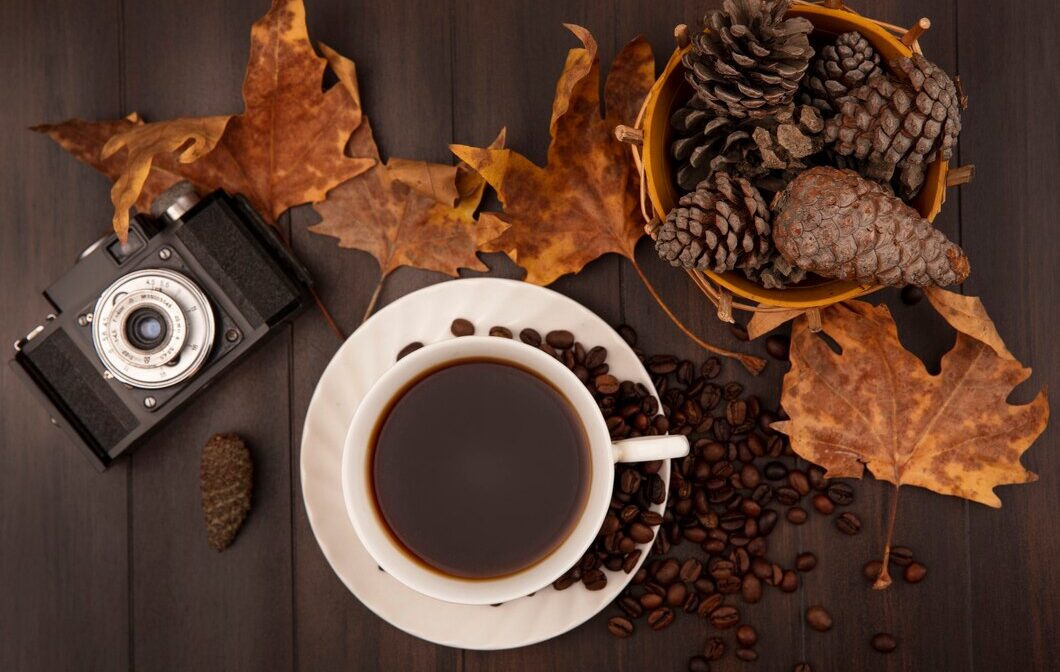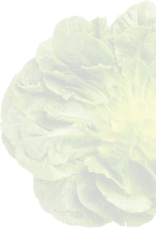
Master the Pour-Over: A Beginner’s Guide
Unlock café-quality coffee from the comfort of home
There’s something magical about the pour-over method — the slow pour, the aroma rising, the anticipation of that first perfect sip. It’s not just brewing coffee. It’s creating a moment.
If you’re new to the world of manual brewing, pour-over is the perfect place to start. Simple, elegant, and incredibly rewarding, it lets you extract the full flavor profile of your beans with precision and care.
Let’s walk you through everything you need to know to get started.
What You’ll Need:
- Freshly ground coffee (medium grind — like sea salt)
- Pour-over dripper (e.g. Hario V60, Chemex, Kalita Wave)
- Paper filter (unless using a reusable metal filter)
- Gooseneck kettle (for controlled pouring)
- Digital scale (optional but helpful)
- Hot water (195°F–205°F / ~90–96°C)
- Your favorite mug
Coffee-to-Water Ratio
A good starting ratio is 1:16 — that’s 1 gram of coffee for every 16 grams (or ml) of water.
Example:
15g coffee → 240g (ml) water (for one cup)
Step-by-Step Brewing Guide
1. Heat your water
Bring filtered water to a boil, then let it cool slightly (~30 seconds off the boil).
2. Rinse the filter
Place the filter in your dripper and pour hot water through to remove paper taste. Discard the rinse water.
3. Add your coffee grounds
Place the dripper over your mug or server and add your measured coffee grounds. Level them out with a gentle shake.
4. Bloom (Pre-infusion)
Start your timer. Pour just enough water (2x the coffee weight) to saturate the grounds. Let it bloom for 30–45 seconds. This releases CO₂ and preps the bed for even extraction.
5. Slow & Steady Pour
Using a spiral motion, slowly pour the remaining hot water in small increments over the next 2.5 to 3 minutes. Keep the water level consistent without flooding.
6. Let it drain & enjoy
Once the final water passes through, your coffee is ready. Discard the filter, swirl your mug, and take a deep inhale — now sip and savor.
Pro Tips
- Use a burr grinder for consistent grind size.
- Always go for freshly roasted beans (like ours).
- If the brew tastes bitter, try coarser grind. If it’s sour or weak, go finer.
- Keep practicing! Pour-over is part science, part craft.



